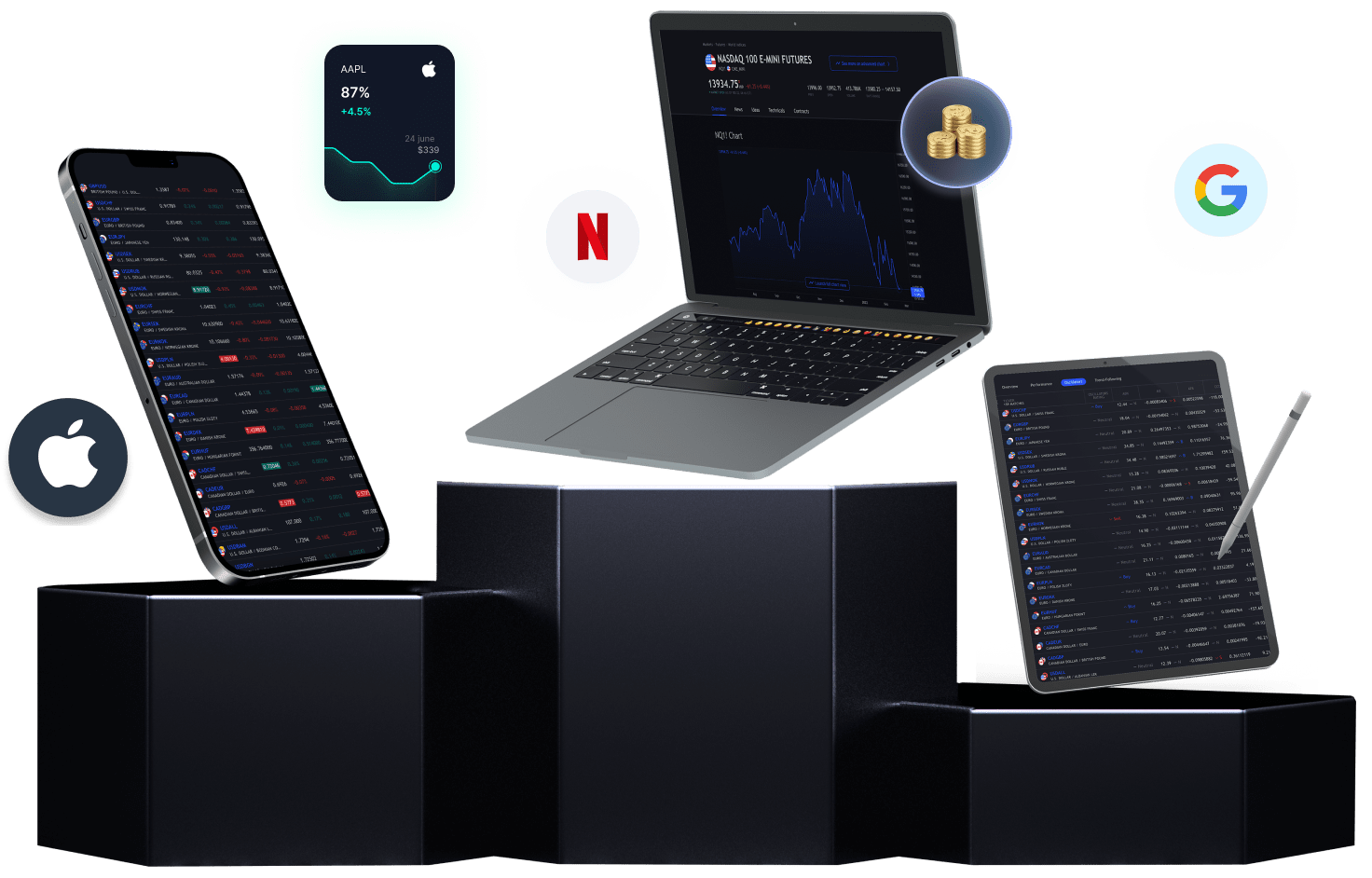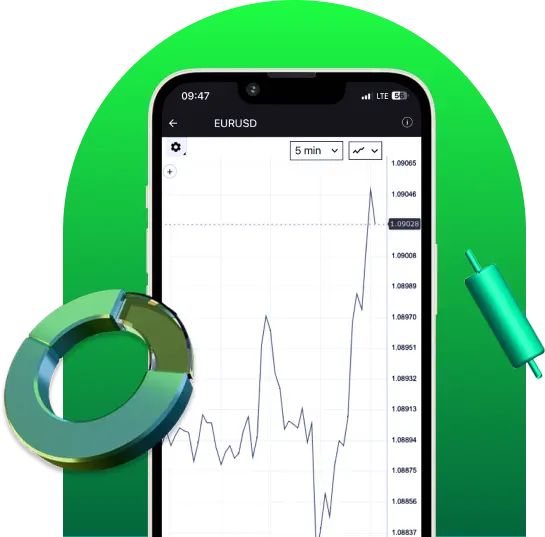Diving into the World of CFD Trading: A Beginner's Guide
The entire world of finance can be intimidating for many who are not
really acquainted with it. However, it is essential to understand the
basic principles of investment options, such as for example CFD trading,
to make informed decisions about your money. CFDs, or Contract for
Difference, are financial agreements that enable traders to speculate on
changes in the price tag on assets without actually owning them. In
this post, we shall discuss the basics of cfd how it works.

How CFD Trading Works
CFD trading allows traders to speculate on whether a tool, like a stock or commodity, increases or reduction in value. Each time a trader enters into a CFD agreement with a broker, the trader is essentially agreeing to pay for the difference in the buying price of the asset from the time the CFD is signed to the time it is closed. If the asset's value increases, the trader receives a profit based on the difference in value. If the asset's value decreases, the trader must pay the difference to the broker.
The Advantages of CFD Trading
One significant advantage of CFD trading is so it provides use of global markets and never having to own the underlying assets. This provides traders greater flexibility in their investments and allows them to make money from changes available in the market, no matter whether it's going up or down. Additionally, CFD trading also involves leverage, meaning traders can increase their potential profits by using a small amount of capital. However, it is important to notice that leverage also increases risk.
Selecting a Broker for CFD Trading
When selecting a broker for CFD trading, it is very important to consider their regulatory status, trading platform, and fees. Ideally, a reputable broker will soon be regulated by an economic authority in their property country, like the Financial Conduct Authority (FCA) in the United Kingdom. A user-friendly trading platform with usage of real-time data and analysis tools can be essential for CFD trading. Lastly, think about the broker's fees, including spreads (the difference involving the buy and sell price of an asset), commissions, and overnight financing charges.
Risks and Considerations for CFD Trading
Much like any investment option, CFD traders should know about the risks involved. Leverage can work in a trader's favor, but it may also amplify losses. Additionally, CFD trading is usually connected with short-term speculation rather than long-term investing, so traders should be equipped for a potentially volatile market. It can also be important to notice that not all assets are available for CFD trading, and traders must look into the liquidity of a tool before purchasing it.

Conclusion
In summary, understanding the basics of CFD trading is essential for those seeking to diversify their investments and access global markets. CFDs allow traders to speculate on the changes in price of assets without owning the underlying assets. When selecting a broker for CFD trading, consider their regulatory status, trading platform, and fees. However, it is very important to know the risks involved, including leverage and the potentially volatile market. With proper research and risk management, CFD trading can be quite a valuable investment option for those trying to expand their portfolio.
Comments
Post a Comment